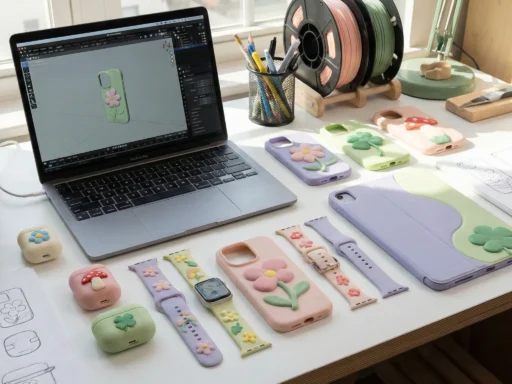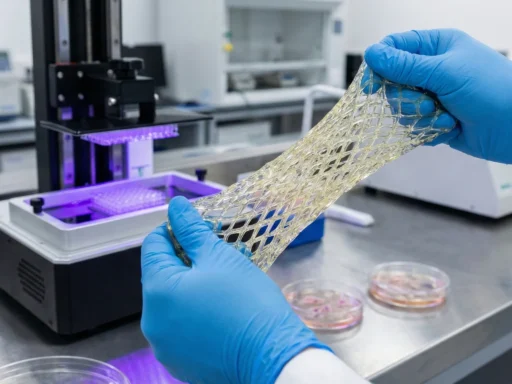Supported by a new $550,000 grant from the National Science Foundation, Binghamton University professor Seokheun “Sean” Choi leverages his innovative work in bacteria-fueled biobatteries to power flexible, 3D-printed electronics, reports Binghamton University News.
Choi, a researcher in the Department of Electrical and Computer Engineering at the Thomas J. Watson College of Engineering and Applied Science, has devoted over a decade to developing microbial fuel cells designed for challenging environments like forests, oceans, and even the human body. His next goal is combining these living power sources with next-gen electronics.
“The next generation of electronics will be all-in-one, with all components integrated in a single sheet,” Choi explained. “The problem with microbial fuel cells is that the bacterial material, often in liquid form, isn’t compatible with solid-state electronics. Also, the bacteria don’t survive traditional microfabrication.”
To overcome this challenge, Choi is using microorganisms that can endure harsh manufacturing conditions, the dormant bacterial spores, to then activate them to generate energy. “I still believe microbial fuel cells are the most suitable,” he said. “They’re living material – they can self-maintain, self-heal, and adapt.”
The research aligns with Choi’s broader understanding of greener, self-powered electronics. He envisions major applications in the Internet of Things, especially in disposable or remote devices, such as agricultural sensors, smart packaging, or bio-integrated bandages. A separate NSF grant has already supported his research on biodegradable “papertronics.”
“We need electronics that last without becoming e-waste,” Choi concluded. “That means rethinking not only the materials, but the entire lifecycle, from fabrication to function.”





